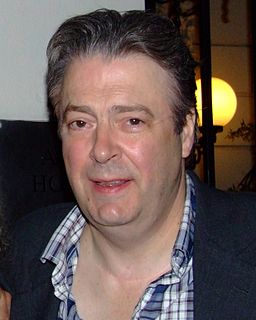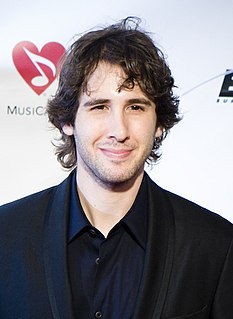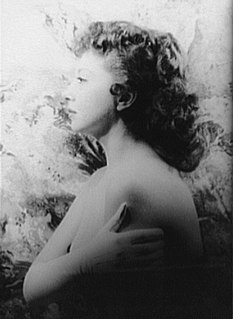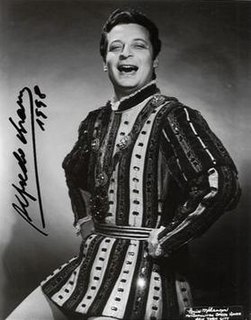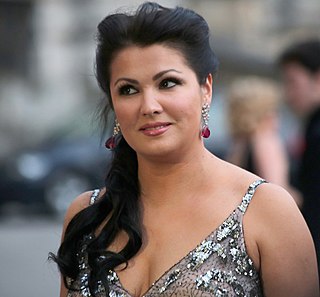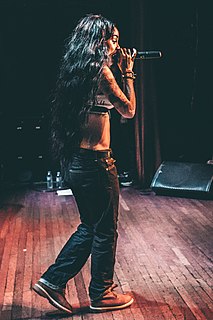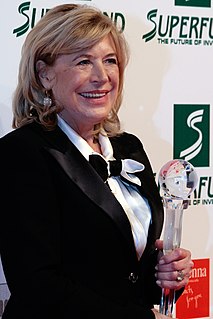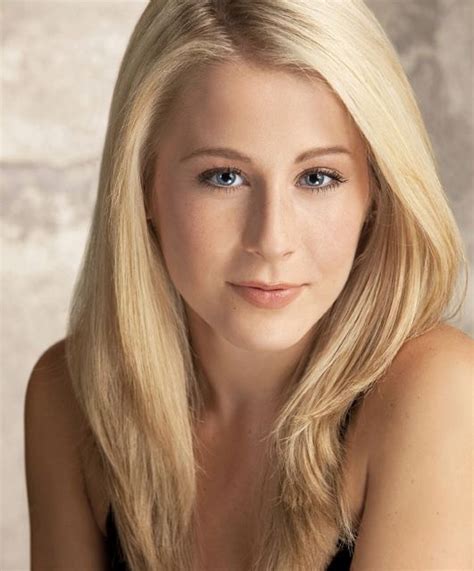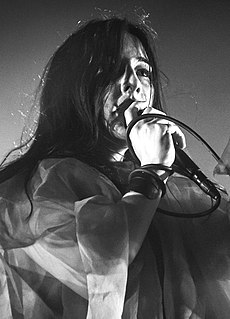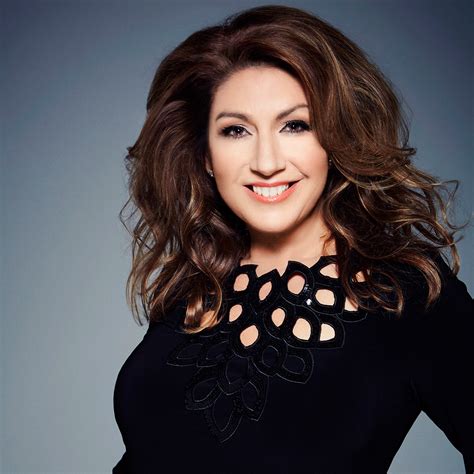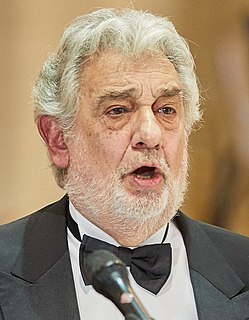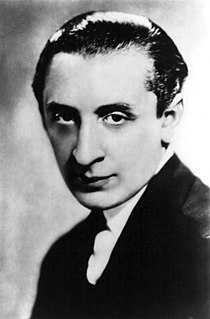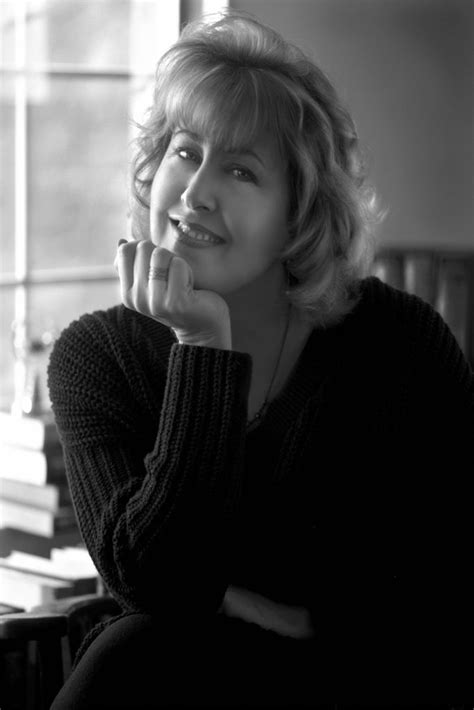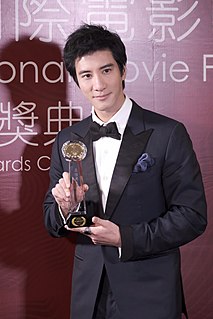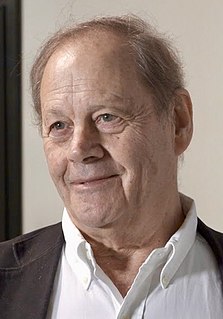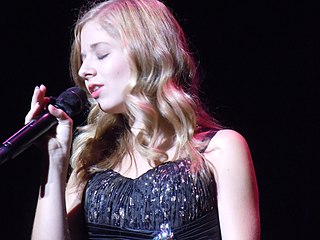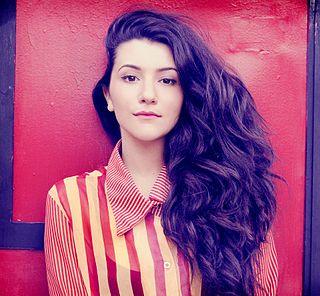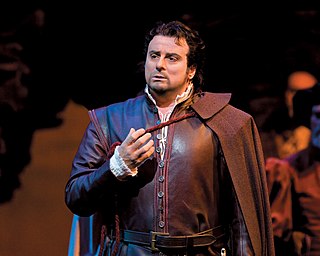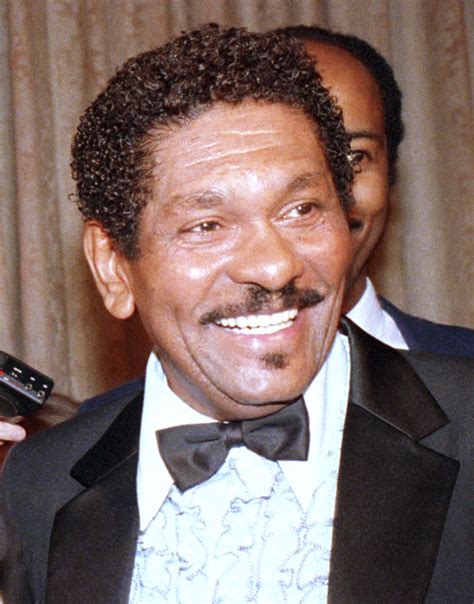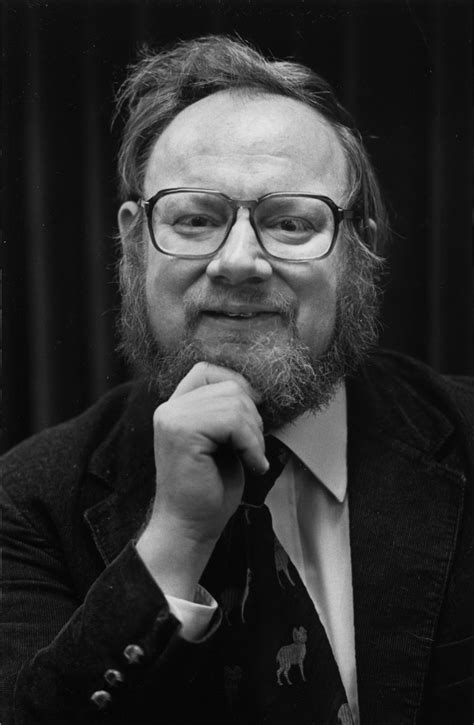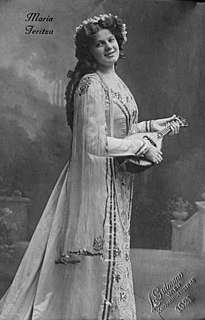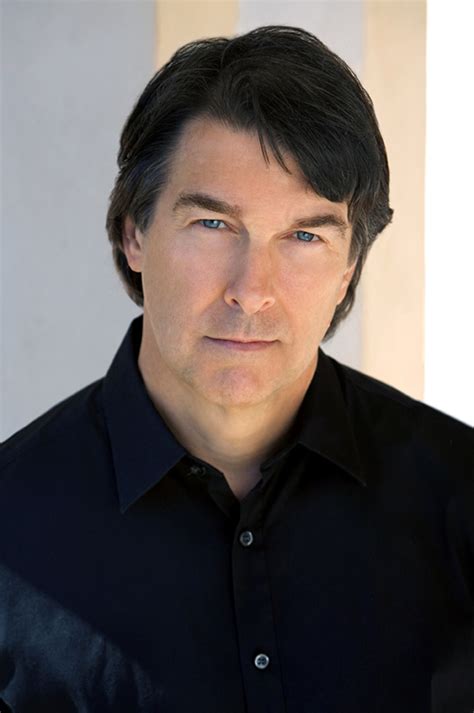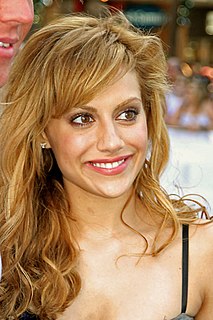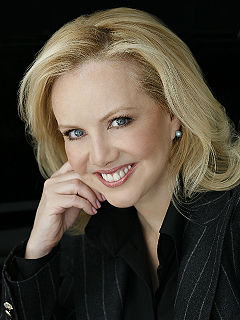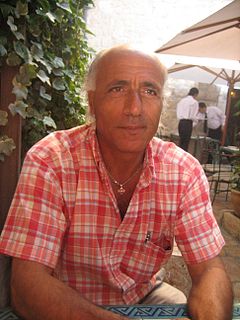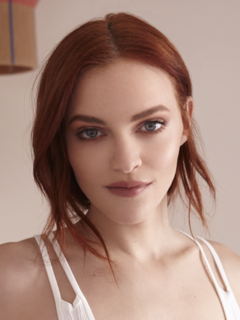Top 1200 Opera Singing Quotes & Sayings
Explore popular Opera Singing quotes.
Last updated on April 14, 2025.
In preparing my thesis, I have had the pleasure of collecting testimonies from colleagues such as Placido Domingo but also from singing teachers and musicologists. The entire course of study has confirmed what I already thought, that the value and meaning of opera singing, at the beginning of the third millennium, remain intact.
You start singing by singing what you hear. So everyone, when they first start singing, they naturally are singing like whatever they're hearing, because that's the only way you learned how to sing. So when I was growing up on Lauryn Hill, when I started singing her songs, I literally trained my voice to be able to do runs.
I love singing opera, but the world surrounding it is not me. I want to be barefoot. I want to be in control of my own career. I want to put on a show. In the opera world, you wait for people to call you until you get to a certain level. In the folk world, it's a lot easier to have control from the beginning.
One of my sisters wanted to be an opera singer. So, we spent a few dollars to try to train her, because Italian people would like to have an opera singer in the family. But she's got trouble coughing, let alone singing. One day, she was in the shower singing 'Madame Butterfly,' three days later the Japs attacked Pearl Harbor.
The only thing that really inspired me for singing was the movie and musical 'Phantom of the Opera.' I went to see it in the theaters, and I loved it so much. And when I got home, I started singing the songs around the house, and my mom thought I was really good, so she asked me if I wanted to do a talent competition. And I said, 'Yes, definitely.'
I've always loved opera; it never occurred to me that I would write a proper libretto. One of my closest friends is a composer, Paul Moravec, and a few years ago, Paul and I were at lunch, and I said to him, "you really have to write an opera." So, he says very casually to me, "I'll do it if you write the libretto." Well, little did I know that the within a couple of years we would end up getting a commission from the Santa Fe Opera to write an opera together, "The Letter," which turned out to be the most successful commissioned opera in the history of the Santa Fe Opera.
Opera Australia has a mix - it produces new work, it produces from the classical repertoire and, particularly in more recent years, it's done those blockbuster musicals which are very lucrative for it and reach an audience that classic opera or a new opera perhaps wouldn't reach, like South Pacific for example.
Opera was an enormous part of my childhood. My parents were both opera buffs, and they met in the box seat of an opera performance. And I also was a boy soprano, so before puberty hit, I was onstage playing a wide variety of orphans and urchins in all sorts of operas, and the sheer melodrama of their stories was just always appealing to me.
